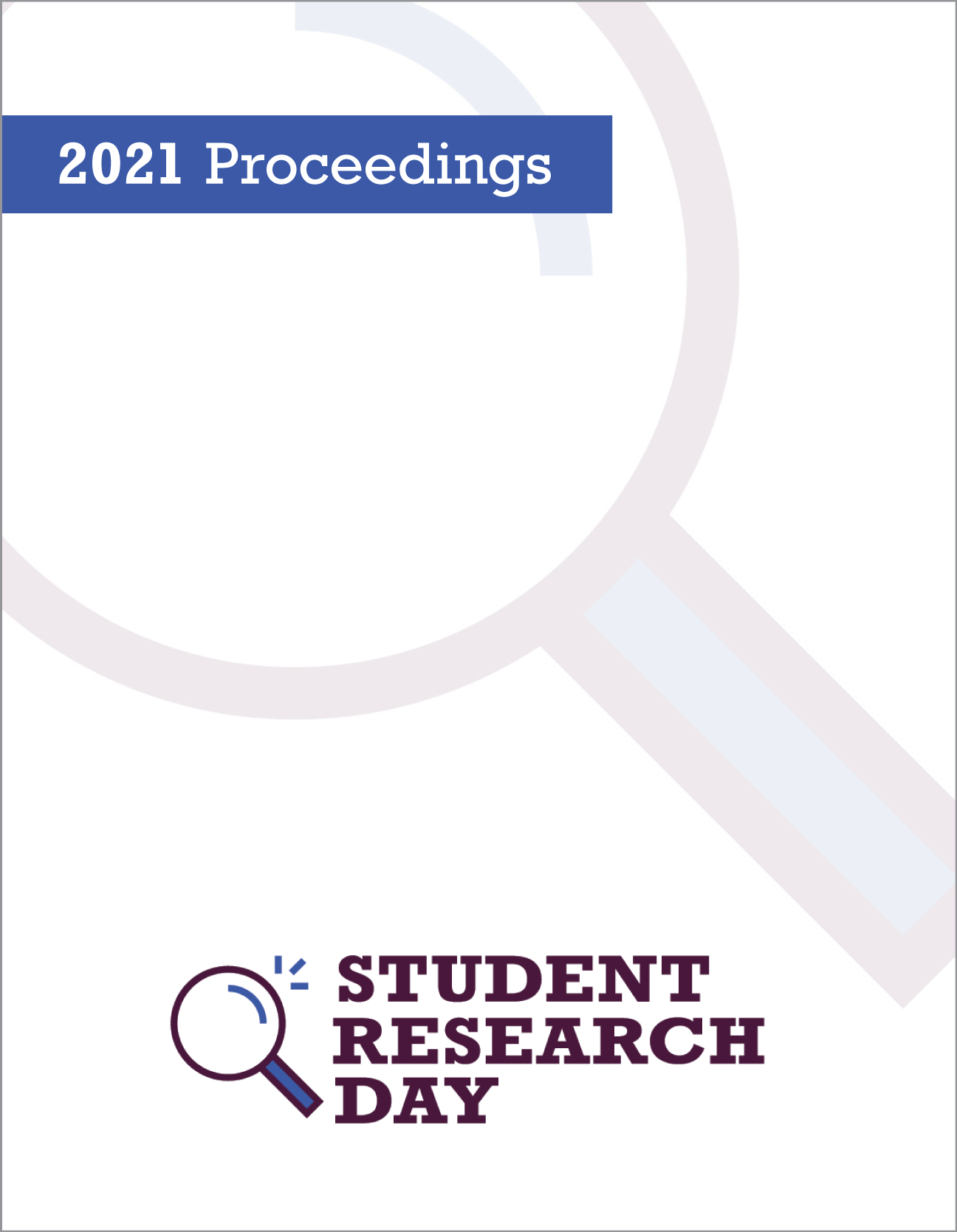The Role of Metacognitions in Health Anxiety
Abstract
Individuals with severe health anxiety (HA) disproportionately believe that they have, or may acquire, a serious illness. Additionally, individuals with severe HA often engage in somatization, which is the tendency to report physical symptoms that do not have a detectable cause. Past research has established that anxiety sensitivity and somatosensory amplification contribute to HA. Other variables, such as intolerance of uncertainty (IU) and metacognitive beliefs, have been recently associated with HA. However, these factors have not been assessed together in a single study. Through self-report questionnaires, the present study examined whether IU, metacognitions, and cognitive avoidance are associated with HA in a university sample (N = 564). Cognitive avoidance was included as an exploratory variable. Using a hierarchical regression analysis, metacognitions about illness beliefs, and metacognitions about the uncontrollability of thoughts, uniquely predicted HA when controlling for both anxiety sensitivity and somatosensory amplification. An additional hierarchical regression analysis determined that metacognitions about illness, metacognitions about the uncontrollability of thoughts, and metacognitions about biased beliefs uniquely predicted somatization when controlling for anxiety sensitivity and somatosensory amplification. IU, and cognitive avoidance, did not emerge as unique predictors for either HA or somatization. These results indicate that both researchers and clinicians may wish to further explore the role of metacognitive beliefs in the development and maintenance of HA.
Department: Psychology
Faculty Mentor: Dr. Alexander Penney
References
Published
Issue
Section
License
Authors retain any and all existing copyright to works contributed to these proceedings.



